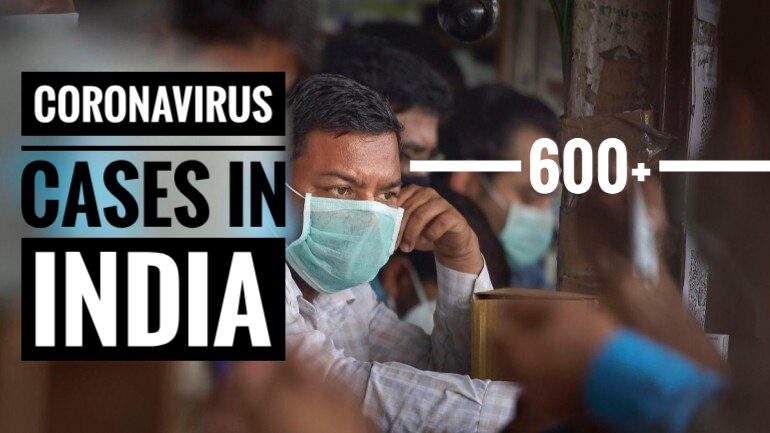Finance Minister Nirmala Sitharaman review the fall out of India’s economy and financial sector at the meeting with the Financial Stability and Development Council (FSDC) on Thursday. In the meeting, the FM discuss the issues which are slightly related to the repercussions faced by the financial institutes, banks and regulatory bodies which was attended by the Reserve Bank of India’s governor Shaktikanta Das, chief economic adviser, KV Subramanian, minister of state for finance, Anurag Thakur and various department secretaries and heads of financial regulators.
The first meeting of the council was being organized after the Covid-19 outbreak which has highly impacted the whole nation and has also hit the economical sector to discuss the vulnerabilities of the financial system, therefore, the meeting was been considered as an extremely important. The Financial Stability and Development Council (FSDC) is the vertex body of the financial regulators which is been headed by the finance minister since the outbreak of the infectious virus Covid-19.
The FSDC which comprehend Reserve Bank of India’s governor and other financial sector regulators since the outbreak of coronavirus gives emphasize to continue with the measures to address the liquidity and capital requirements of the financial sector. Meeting of the council was been held via video-conferencing which has assumed greater importance considering that the economy is expected to contract by the minimal percentage with some estimates amid the virus crisis.
In the meeting, the issues were discussed which are related to the current global and domestic macro-economic situation, financial stability and susceptibility; challenges which are been faced by the various financial institutions and banks; solvency matters of financial firms etc, as per the statement of the finance ministry. It was also been stated that besides all these things other major issues such as market fluctuation, domestic resource mobilisation and capital flows issues were also discussed by the council.
As per the statement provided by the council, they told that this prevailing pandemic issue Covid-19 poses a serious warning to the stability of the global financial system and the timing of recovery of the impact of this on the economy is unknown at this point of time. Also, it has been stated that the efforts of the government and other regulatory bodies are majorly giving importance on avoiding a lengthy period of disruption in the financial markets.

The ministry also intimated that there is a need to keep a continuous observance by the government and all the regulators on the financial conditions which can expose the financial vulnerabilities in the medium and long-term, while, monetary and fiscal policy actions aimed at containing the fallout from the pandemic which have been stabilised the investor sentiment in the short-run.
Impact of this prevailing pandemic infectious virus Covid-19 is more serious than expected as per the statement provided by the reserve bank of India and also, they have expressed their views that the GDP (Gross domestic product) growth rate will remain in the negative territory during the current financial year. The RBI has projected that there will be seen some pick-up in the growth impulses from the second half i.e. from October to March of 2020-21 onwards.
Various monetary and fiscal measures have been announced by the government and Reserve bank of India to slow down the limit of economic damage and also would like to continue to approach the liquidity and capital requirements of the financial institutions. FM has announced that the package which includes a Rs 3.70 lakh crore support for the Ministry of Micro, Small and Medium Enterprises, Rs 75,000 crore for Non-Banking Financial Company and Rs 90,000 crore for power distribution companies. Major issues such as liquidity, solvency, capital flows and issues related to non-banking companies were covered in the meeting.

